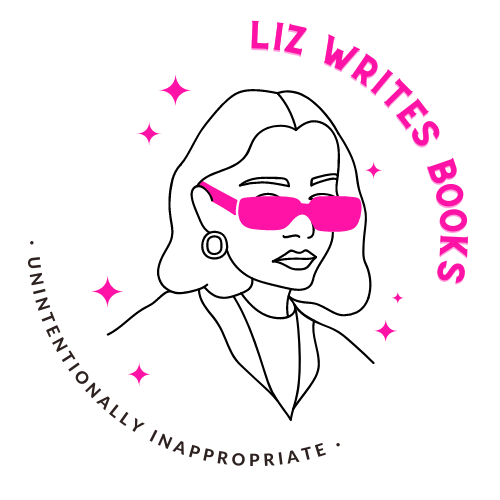You’ve talked about giving feedback for a novel that was particularly unfortunate. (The erotic 7th Heaven one….) Do you critique often? When you come across a manuscript that is particularly bad and you know that the writer is very new, how do you give help? Specifically, how do you not hurt feelings when the honest truth is that an entire manuscript really should be scrapped and rewritten from scratch? How do you balance encouragement with honesty?Thanks!
I do not critique often. Only for a handful of friends. Extremely patient, forgiving friends. Because I am neither good at nor timely with my critiquing.
Mostly because I either like something or I do not like something, and I am absolute shit at explaining why or why not.
(Also, my taste is questionable. I loved Sharknado. I hated The Fault in Our Stars and Casablanca. If I am critiquing for you, you should want me to hate it. That’s how you know it’s good.)
So I guess that’s the first lesson of critiquing anything: if you don’t want to do it, don’t do it. Because if you hate doing it and do it anyway, you’re likely going to do more harm than good.
If you want to do it but are shit at it, like me, let the other person know you are absolute shit at critiquing. Full disclosure, and all that jazz.
OK. So.
What do you do when you are obligated to give advice on a manuscript, and your advice is scrap it and move on? Drink vodka.
And then be honest.
The vodka to honesty ratio depends on the person, but my advice is to drink enough vodka that you are honest, but not so much that you are brutally honest.
(For those of you who, like me, cannot drink (or choose not to drink) alcohol, do the same as above, minus the vodka.)
First things first, the whole critiquing a book thing is awkward.
For everyone.
No exceptions.
I have been friends with Carol and Liz for almost six years. It is always awkward to give feedback to them. It is always awkward to get feedback from them. I owe one of them feedback right now, and when I send it, it will be like the freaking ding-dong-ditch of emails. I will upload the attachment. Hit send. And then we will pretend it never happened.
So that part is normal.
Secondly, resisting feedback is also normal.
So don’t take it personally, no matter what side you’re on.
Thirdly, stick to big picture stuff.
I am a proponent of moving from large to small. So if you feel a book is conceptually flawed, or that a large chunk of it needs to be completely rewritten, say so, and leave it at that.
Don’t get bogged down in the minutiae of line editing. That kind of editing comes later, when the book is more structurally sound.
Fourthly—is fourthly even a word?—if you don’t say something, someone else will.
And that’s why it’s never OK to lie, to say you like something when you don’t, to say that something is ready to go on submission when it isn’t.
Because that friend of yours who’s writing really bad books? Probably won’t be writing bad books forever. Eventually she will learn from her own mistakes, and when she does, she will look back on her really bad books, see them for what they are, and know that you lied.
To her face.
And fifthly, if you can’t say something nice, don’t say anything at all.
Even the shittiest of shitty first drafts have some spark of life in them, some glittering something shining amongst all that dirt. If you can’t see it, you’re probably not the right person to offer comments.
